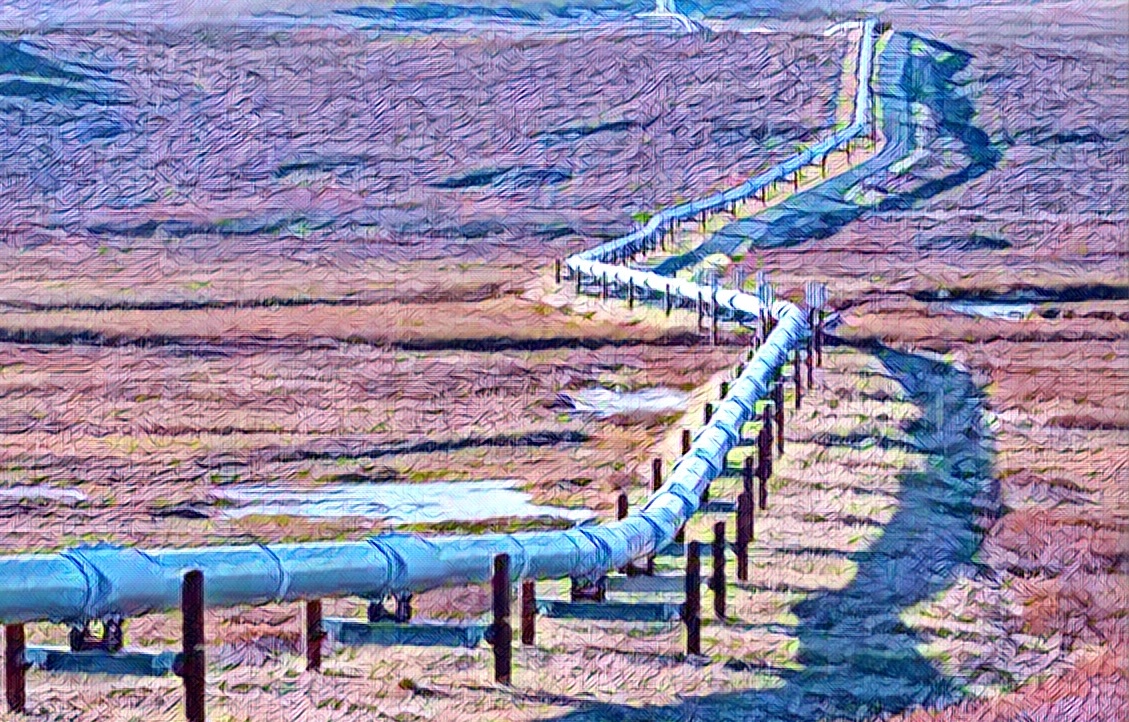Uganda and Tanzania are on the verge of finalizing a $4 billion deal to build a crude oil pipeline that could transform the region’s economy and energy sector. The project, known as the East African Crude Oil Pipeline (EACOP), will transport oil from Uganda’s Lake Albert basin to Tanzania’s port of Tanga, where it will be exported to global markets.
The pipeline, the longest heated pipeline in the world, has been in the works for over a decade but has faced numerous delays and challenges. Some of these include environmental concerns, land disputes, security risks, human rights issues, and the impact of the Covid-19 pandemic on oil demand and prices.
However, the project’s proponents, led by French oil giant TotalEnergies, say that EACOP will bring significant benefits to both countries and the wider region. They claim the pipeline will create thousands of jobs, boost local content, generate tax revenues, and spur economic growth and development.
According to Standard Bank Group Ltd., one of the project’s financiers, EACOP is close to reaching a final investment decision (FID), which is expected by the end of 2023. The bank said that it has agreed to invest up to $100 million in the project, contingent on an agreement between TotalEnergies and some Chinese lenders on a separate matter.
The FID will mark the start of the project’s construction phase, which is estimated to take about three years. The pipeline is expected to have a capacity of 216,000 barrels per day (bpd), and will transport Uganda’s waxy crude oil, which requires heating to keep it liquid.
The project has received support from both governments, as well as from some regional and international partners. In April 2023, Uganda’s President Yoweri Museveni and Tanzania’s President Samia Suluhu Hassan signed a tripartite agreement with TotalEnergies to implement EACOP. In September 2023, the African Development Bank (AfDB) approved a $400 million loan to finance part of the project.
However, not everyone is enthusiastic about EACOP. Some civil society groups, environmental activists, and local communities have opposed the project, citing its potential negative impacts on the environment, human rights, and climate change. They argue that EACOP will threaten biodiversity, water resources, land rights, and livelihoods along its route and contribute to global warming by increasing greenhouse gas emissions.
Some analysts have also questioned the economic viability and sustainability of EACOP, especially in light of the global shift towards renewable energy sources and low-carbon economies. They contend that EACOP may become a stranded asset or a white elephant project that will not deliver on its promises.
As EACOP nears its final stage of approval, it remains to be seen whether it will be a game-changer or a pipe dream for Uganda and Tanzania. The project’s supporters hope that it will unlock East Africa’s potential as an oil producer and exporter, while its critics hope that it will be stopped or reconsidered in favor of more sustainable alternatives.
Source: Bloomberg



